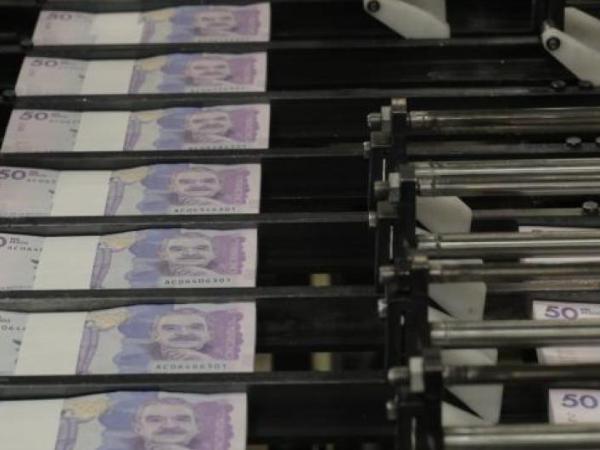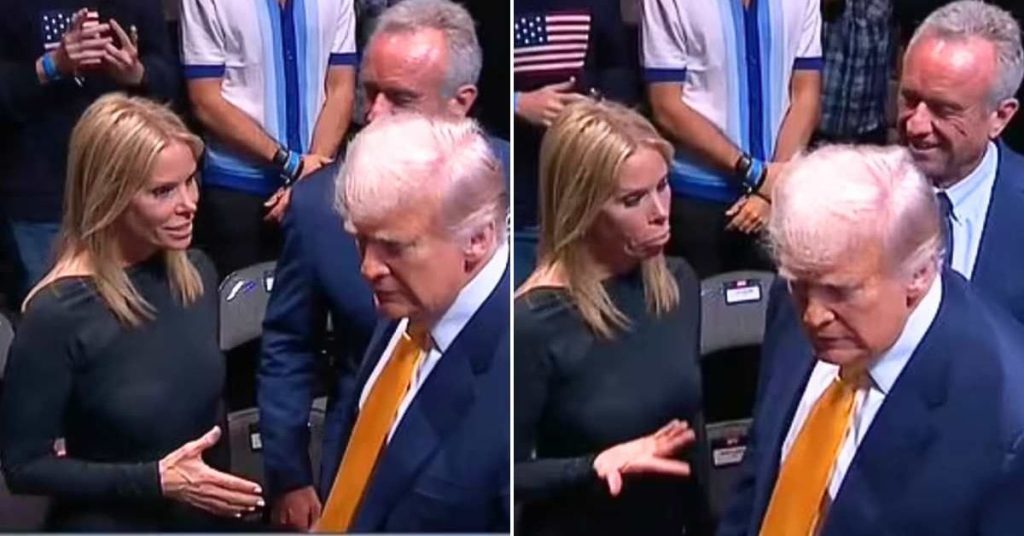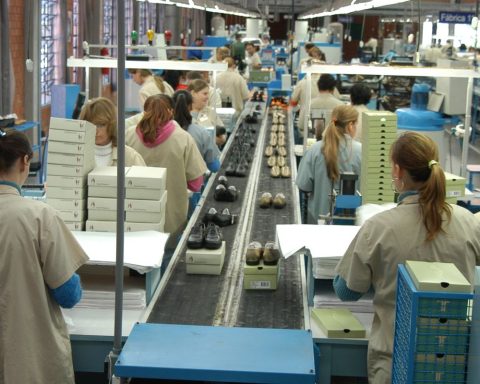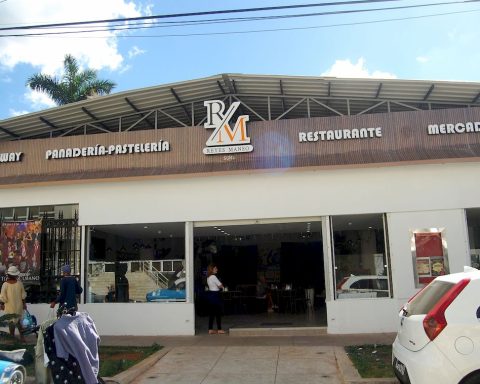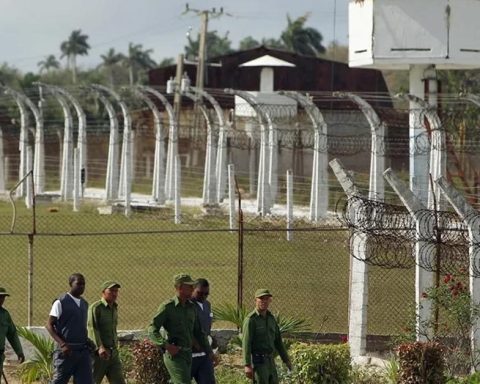If the economy is wrong, Why don’t we print more tickets?
Although this seems to be the most logical solution, its execution can become counterproductive, since they hide complex consequences with direct effects on the stability of nations.
(Read more: 113 years after its sinking, does Titanic still have an owner?: This is the story)
To understand why governments do not choose to fill their economies of paper money, you must first introduce a concept: The money supply.
The money supply refers to the volume of money that is available in the economy of a country at a given time. In other words, the resources that are part of its box.
The size of that mass contemplates both the cash that is in the hands of citizenship (tickets and coins in circulation) and deposits available in the current accounts. Its importance is also that its management has key implications in issues such as economic growth, inflation and employment.
With that of course, You have to explain another related term: monetary policy.
Tickets
(Read more: ‘Inflation came down, but risks persists’: economic reactions to the March data)
Decisions do impact
The monetary policy is built from the decisions made by the Central Bank (in our case, the Bank of the Republic) to control the amount of money that is circulating.
The purpose of this is to maintain balance in the economy. That is, it is not just about printing or removing money because yes, but to handle it carefully so that the economy works well.
To have a more practical understanding you just have to think that the more money moves, people spend more, but if there are no products available to meet that demand, prices will inevitably rise.
That is, inflation shoots and vice versa. And if this goes up, Money loses purchasing power, since with the same amount less things are bought.
Taking that into account, and to avoid these imbalances, the monetary authority uses tools such as interest rates, bank lace and the issuance of money. This with a view to moderating consumption behavior and controlling inflation behavior.
(More news: Decrees of pension reform advance to forced marches)

Inflation.
EFE
So why not print more money?
In such a scenario, Printing more money without support or control can be very dangerous for the economy.
As already mentioned, more tickets and coins do not imply an improvement if there are no more goods or services because this makes the cost of things rise and that it is more difficult to access them. The impact of the issuance of money without control is also reflected in the loss of value of the currency and in which its production does not translate into more employment or investment.
Portfolio
